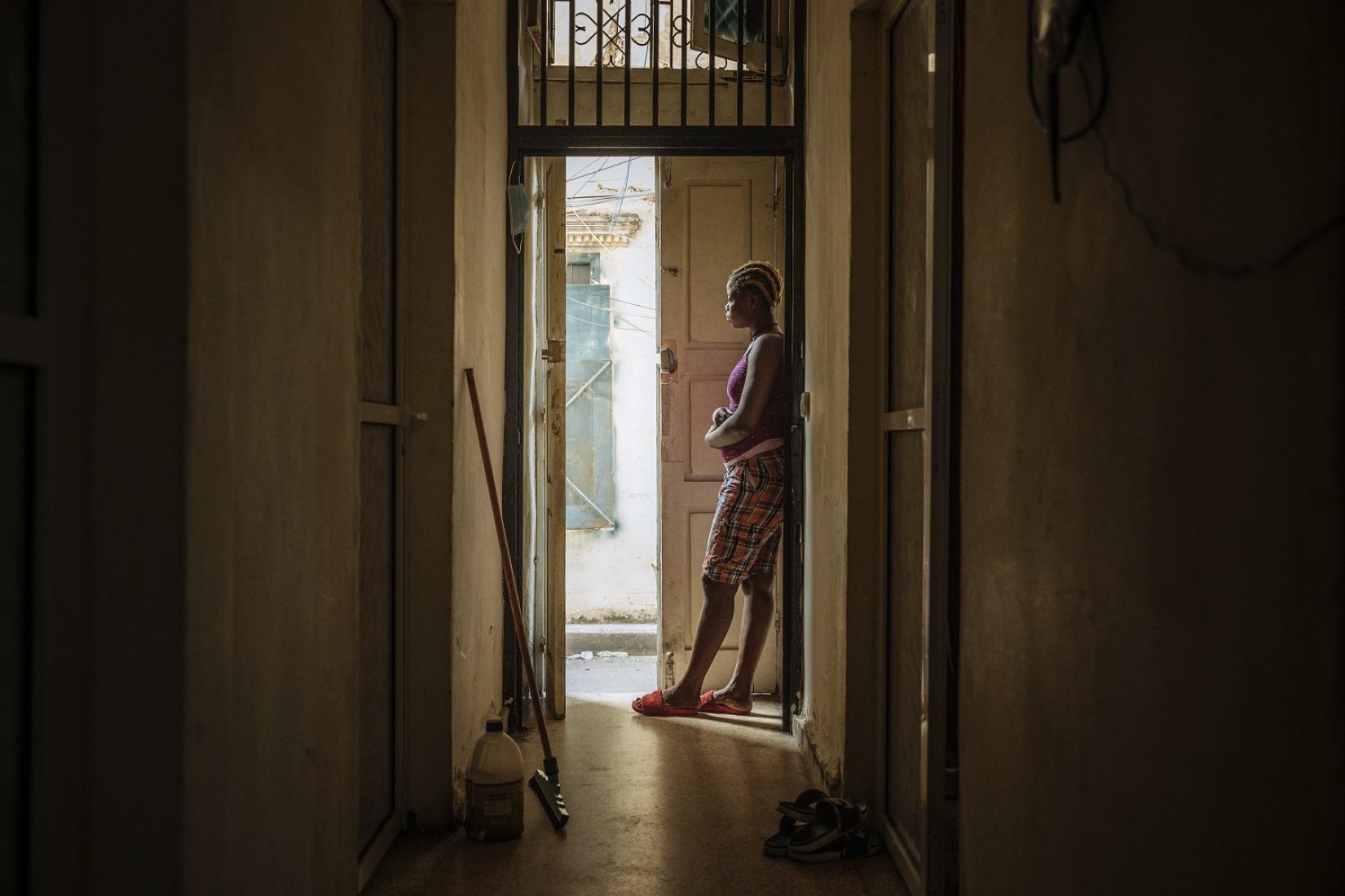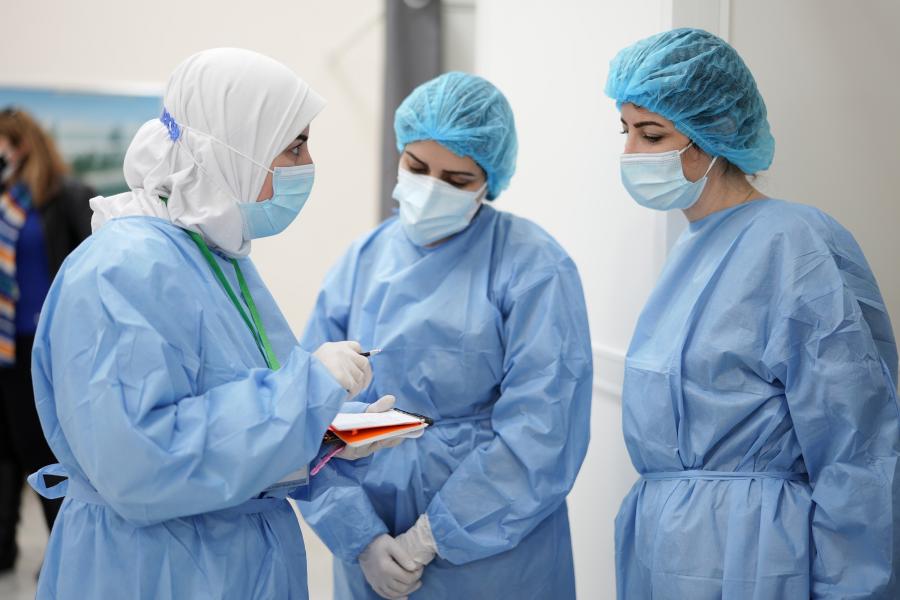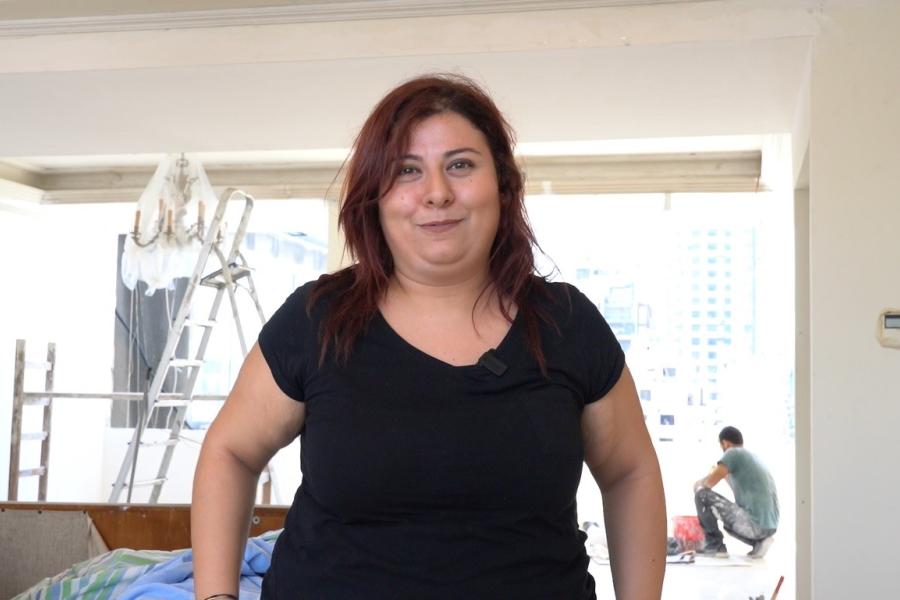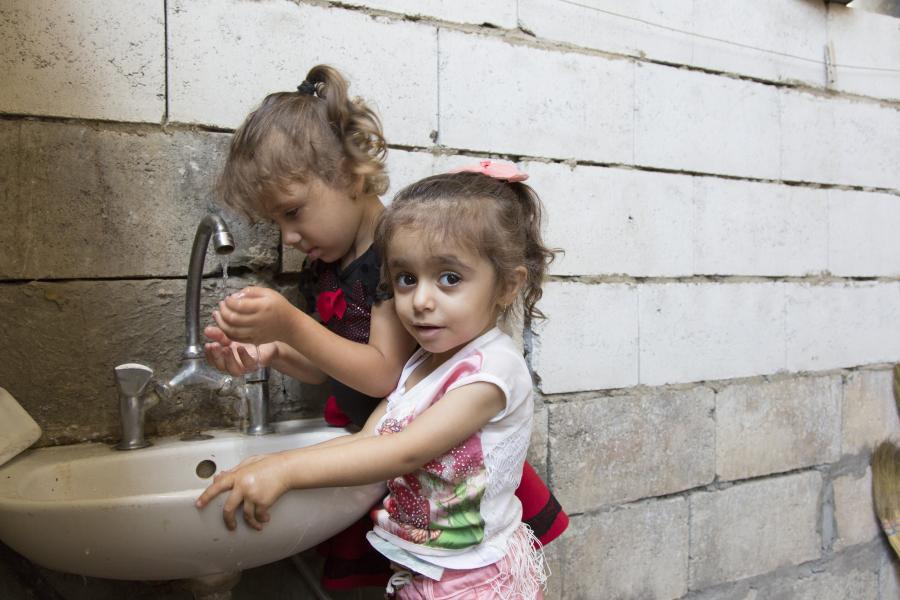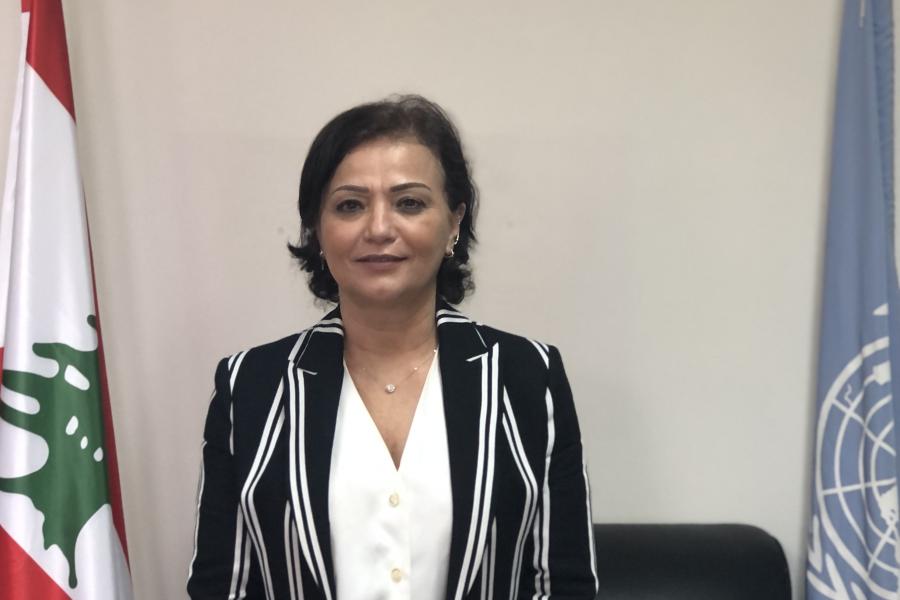Story
LOOKING BACK IN LEBANON: How the UN responded to multiple crises in the past year?
26 May 2021
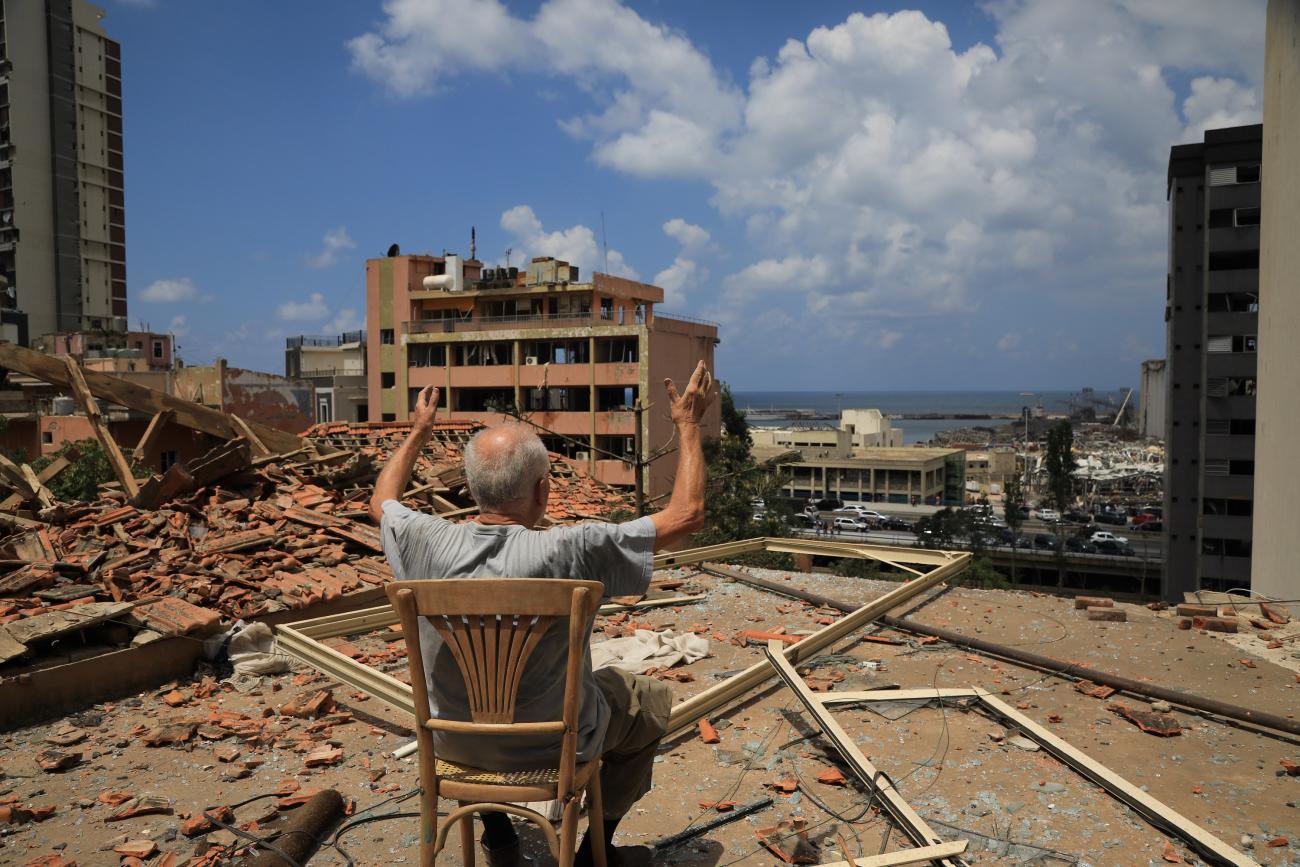
Caption: Few days after the massive explosions that shook the city of Beirut on August 4th, Abdo, blast survivor, sits on the roof of his shattered home in the neighborhood of Mar Mikhael.
Photo: © Rana Sweidan/UNDP Lebanon
Written by
UN entities involved in this initiative
FAO
Food and Agriculture Organization of the United Nations
ILO
International Labour Organization
IOM
International Organization for Migration
OCHA
United Nations Office for the Coordination of Humanitarian Affairs
OHCHR
Office of the United Nations High Commissioner for Human Rights
RCO
United Nations Resident Coordinator Office
UN Women
United Nations Entity for Gender Equality and the Empowerment of Women
UN-Habitat
United Nations Human Settlements Programme
UNDP
United Nations Development Programme
UNESCO
United Nations Educational, Scientific and Cultural Organization
UNFPA
United Nations Population Fund
UNHCR
United Nations High Commissioner for Refugees
UNIC
United Nations Information Centre
UNICEF
United Nations Children’s Fund
UNIDO
United Nations Industrial Development Organization
UNIFIL
United Nations Interim Force in Lebanon
UNODC
United Nations Office on Drugs and Crime
UNOPS
United Nations Office for Project Services
UNRWA
United Nations Relief and Works Agency for Palestine Refugees in the Near East
UNSCOL
Office of the United Nations Special Coordinator for Lebanon
UNTSO
United Nations Truce Supervision Organization
UNV
United Nations Volunteers
WFP
World Food Programme
WHO
World Health Organization

